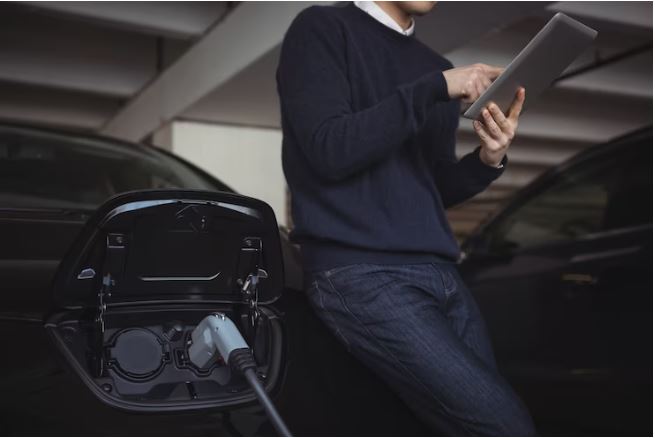
Experiencing a vehicle breakdown is always an inconvenience, but breaking down in an area without cellular reception can quickly escalate from an inconvenience to a potential danger. In today’s connected world, the thought of not having immediate communication access is unsettling. However, with careful planning and knowing the right steps, you can ensure your safety and get back on the road. Here’s a guide on what to do when you find yourself in such a predicament.
1. Stay Calm and Assess the Situation
Your immediate reaction might be panic, especially if you’re unfamiliar with the area or if it’s getting dark. Take a deep breath. Remember, people have been dealing with car troubles long before the age of cell phones. The key to navigating such situations safely is to stay calm and think clearly.
Start by turning on your vehicle’s hazard lights. This will alert other motorists that your vehicle is stationary, reducing the risk of any accidents, especially in low-light conditions or if you’re on a fast-moving road.
2. Determine Your Location
Before leaving home or going on any long trip, it’s a good idea to have a physical map or GPS device that doesn’t rely solely on cellular reception. If you have one, try to pinpoint your location. Landmarks, mile markers, or signs can provide clues to your whereabouts. If you’ve passed a known location recently, use that as a reference point.
3. Secure Your Vehicle
If you’ve broken down on a busy road, pull over as far to the side as you can. If you’re on a highway and there’s a shoulder, use it. Turn off your engine but keep your hazard lights on. For added visibility, especially at night or in low visibility conditions, place reflectors or flares about 10 feet behind your vehicle.
4. Stay Inside if Possible
Depending on the environment and the potential hazards (like fast-moving traffic or inclement weather), it might be safer to stay inside your vehicle after you’ve ensured it’s properly secured. Your vehicle offers shelter and is more visible to other drivers than a pedestrian.
5. If You Choose to Seek Help
If you’re confident about where you are and believe that there’s a nearby place (like a gas station or a residence) that might be able to assist you, you might consider leaving your vehicle. Before doing so, write a note indicating the direction you’re heading and place it on the dashboard. This is especially useful if a police officer or another driver stops to check on the abandoned vehicle.
Ensure you’re visible to others by wearing bright or reflective clothing. If you have a flashlight or a torch, carry it. Stick to the side of the road and avoid walking in the middle.
6. Signal for Help
If you choose to stay with your vehicle, which is often the best course of action, you can signal for help. Raise the hood of your car and tie a brightly colored cloth or piece of clothing to the antenna or door handle. This is a universally recognized distress signal and can alert passing drivers that you need assistance.
7. Conserve Your Vehicle’s Battery
While it might be tempting to leave your vehicle running for the comfort of the air conditioning or heating, it’s crucial to conserve your battery, especially if you’re uncertain about how long you’ll be stranded. Use the vehicle’s systems, including lights, sparingly. If it’s cold, bundle up with whatever you have in the car, and turn the engine on periodically for warmth.
8. Stay Hydrated and Nourished
Always keep some basic supplies in your car, especially if you’re traveling through remote areas. Water, non-perishable snacks, and basic first-aid supplies can be lifesavers in a breakdown scenario.
9. Avoid Carbon Monoxide Poisoning
If you’re running your engine to generate heat during colder conditions, make sure your exhaust pipe is clear of snow, mud, or any obstructions. Carbon monoxide is odorless and can be fatal if it enters the cabin of your vehicle.
Conclusion
Breaking down without cellular reception can be daunting, but with preparation and the right knowledge, you can navigate such situations safely. Regular vehicle maintenance can help prevent many breakdowns – in general, mechanical breakdown insurance can cover your costs when things like this go wrong. But it pays to be prepared for a time when your usual resources are unavailable. Consider making a car emergency kit containing essentials like water, snacks, maps, flares, and first-aid supplies. Remember, staying calm and making informed decisions is vital for ensuring your safety in any emergency.
